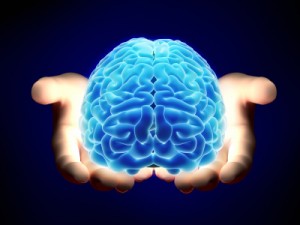Building a Cognitive Reserve May Help Delay Multiple Sclerosis symptoms
June 15, 2010//
 “A small study of multiple sclerosis (MS) patients shows that maintaining an intellectually active lifestyle can help preserve learning and memory, even among patients with a high degree of brain damage.”
“A small study of multiple sclerosis (MS) patients shows that maintaining an intellectually active lifestyle can help preserve learning and memory, even among patients with a high degree of brain damage.”- “Although there’s no indication that being mentally engaged protects against brain damage itself, the findings do suggest that an active mind may be better equipped to retain its functions even in the event of brain damage.”
- “The findings suggest that enriching activities may build a person’s ‘cognitive reserve,’ which can be thought of as a buffer against disease-related memory impairment,” says study author James Sumowski, PhD. “Differences in cognitive reserve among persons with MS may explain why some persons suffer memory problems early in the disease, while others do not develop memory problems until much later, if at all.”
For a deeper dive into Cognitive Reserve research and implications, you may enjoy:
Posted in Brain/ Mental Health
2 Comments
About SharpBrains
SHARPBRAINS is an independent think-tank and consulting firm providing services at the frontier of applied neuroscience, health, leadership and innovation.
SHARPBRAINS es un think-tank y consultoría independiente proporcionando servicios para la neurociencia aplicada, salud, liderazgo e innovación.



Excellent information ~ Thank you
Maintaining a healthy lifestyle with proper diet and exercise can hold off physical problems, so this information certainly makes sense. Perhaps larger studies should be done to show if there are certain types of cognitive exercise which can improve the cognitive reserves and help improve quality of life of MS patients.